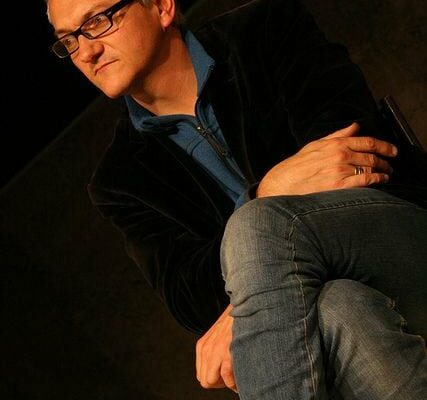L’Express: Are the French living more and more at night?
Luc Gwiazdzinski (1): In the long term, the answer is “yes”. For millennia, nighttime was simply a time for social rest. Things really started to change in the 19th century, with industrial society. Since then, this phenomenon has increased because leisure activities have in turn expanded. And it makes sense: from now on, we benefit from light at all times, there are more and more urban dwellers and working hours have been reduced.
What about abroad?
The conquest of the night is a global phenomenon, but it differs depending on latitude, economic development and cultures. In Europe, cities like Barcelona or Istanbul live largely at night. In Africa, it is more difficult, in particular because electricity is not yet present everywhere. In Scandinavia, the atmosphere is not at all the same in Helsinki in winter and summer, when it is daylight almost twenty-four hours a day!
Has Covid changed our relationship with the night? Unquestionably. On the one hand, the return of curfews allowed us to measure the value of an aperitif taken in the evening with friends. Conversely, we have rediscovered calm and realized the impact of our lifestyles on natural resources and energy expenditure. The night is both black and white, according to the definition of the verbicrucists.
Have local elected officials become aware of these issues?
Yes. More and more municipalities have created specific governance bodies. Around fifty cities in the world even have “night mayors” and “night councils” – including Paris, Bordeaux, Lyon, La Rochelle, Quimper… And this has concrete effects. Public transport runs later, swimming pool and library hours are shifted, bar managers soundproof their premises. We can regret the conflicts between “the city that sleeps” and “the city that has fun”, but There is no point in burying your head in the sand. Better to co-construct intelligent solutions and define together “how far not to go”.
(1) Geographer, professor at ENSA Toulouse, author of At night, the city’s last frontier (Editions de l’Aube) and co-author with Christian Graff of Rhythms and flows tested by territories (Editions Rhuthmos).
